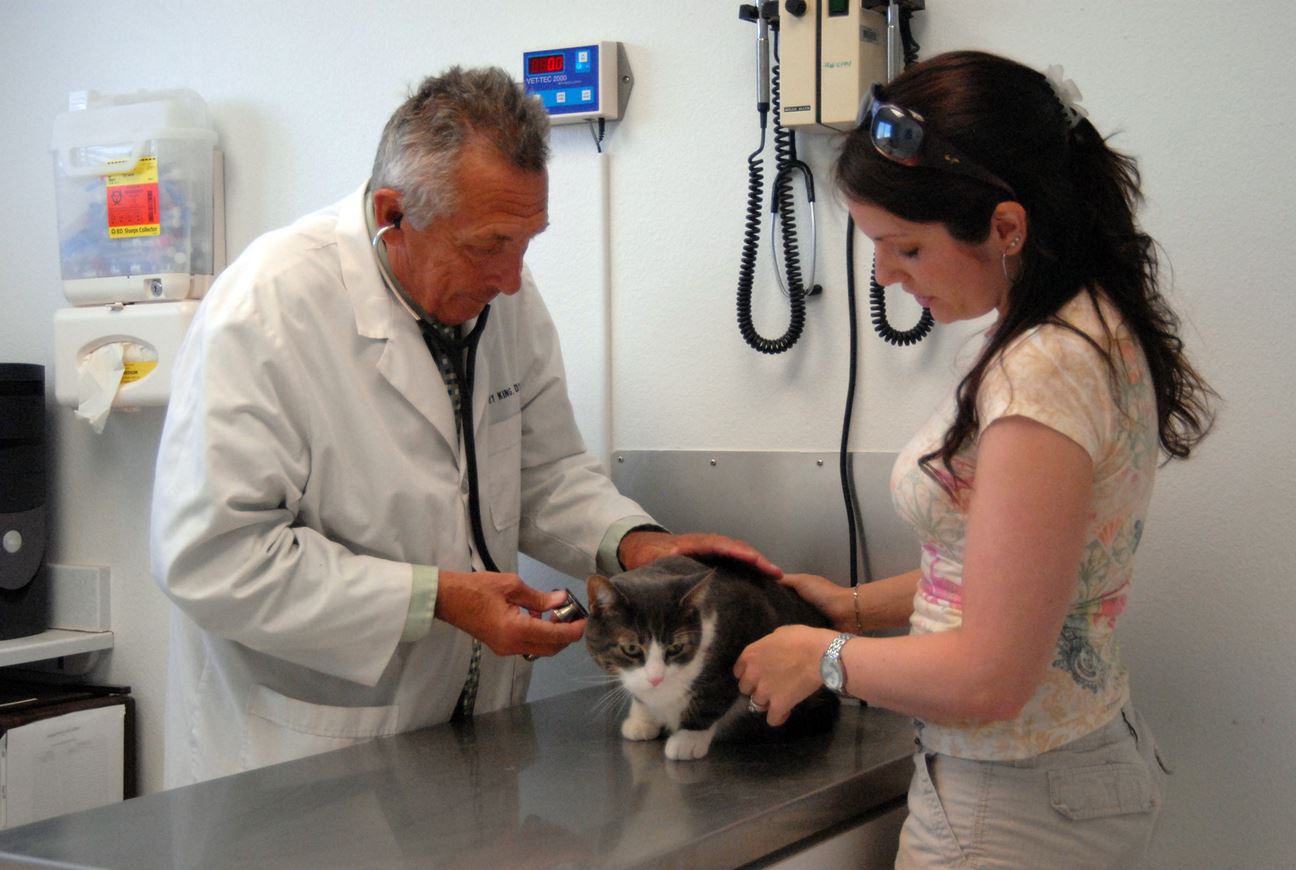Realising that your pet is missing can be terrifying. However, there's a way to make sure they are found. Let's take a look at it!
Pet microchipping is a relatively newer concept in India. Let's take a look at the benefits of pet microchipping — which I'm sure by the end of this post, will inspire you to get your pet microchipped.
Just a few days ago, a heartening story about a woman reuniting with her cat that was missing for a decade was shared on Facebook. Dramatic narratives of a pet-owner reunion like these can tug on the heartstrings of many. If you are a pet parent, it makes you think: what if it was you instead? And while these stories are heartwarming, the uncertainty, hopelessness, and guilt of a lost or missing pet can be very distressing. Sometimes disaster preparedness can go a long way, and this is where a pet microchip comes in.

What exactly is a microchip?
A pet microchip is a type of RFID (Radio Frequency Identification Device) enclosed in a glass cylinder. This little implant helps your pet return home in case it is lost, or worse, stolen. The chip is only about the size of a grain and is made of a biocompatible material that goes beneath the skin of your pet. The procedure is simple, a veterinary professional will place it subcutaneously which is usually between your pet’s shoulder blades. Each chip has a unique code and scanning this code will show the pet information as well as owner contact details.
Why should I microchip my pet?
There is, literally, no reason not to chip your pet. Should your pet wander or even go missing, the microchip is your best chance of finding it and bringing it home without much fuss. Scanning the pet with a pet microchip scanner will show the owner details in the database. Vet clinics, animal control facilities, and animal shelters have scanners that can scan your pet's microchips.

How long does the procedure take?
It takes only seconds. Implanting the microchip takes as much time as administering an injection. It is recommended that the procedure is supervised by a trained person, or better, a veterinarian. After 8 weeks of age, your pets can be safely microchipped.
Is microchipping your pet cost-effective?
The chip will usually last the entire duration of your pet’s life, which makes it very cost-effective. Pet microchips in India will cost you anywhere between Rs. 1,500 to Rs. 2,000, excluding the implantation charges. Make sure to keep the pet’s information updated in the registry. You may have to pay a small fee to update in the pet database periodically.
What are the risks of microchipping?
While the vast majority of pets will have minimal or zero risks, a few pets may see varied effects like local bleeding, bruising, or abscesses.
Advantages of microchipping pets:
- Security and protection for your pet
- Implantation is not painful to your pet
- The chip is difficult to alter, change, or modify in any way
- Unique identification number for every pet
- There is no battery or moving parts, and hence the microchip cannot wear out
- The microchip will last your pet's lifetime

Pet microchips are a great way to ensure the safety of your pets. And when you do, remember to keep the registration information up-to-date. All the pet parents, don't delay. Get your pet babies chipped!